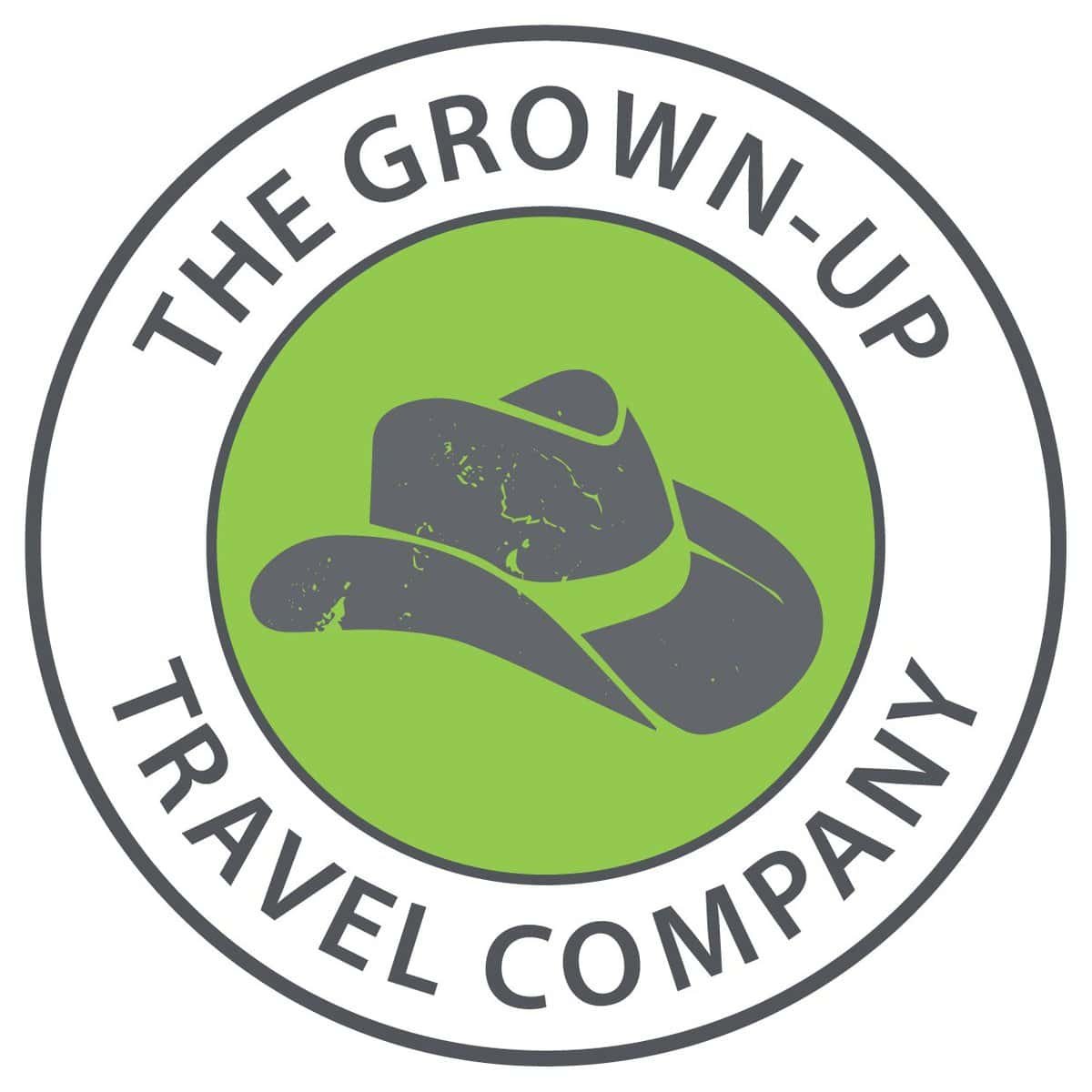Botswana, though not typically known for monumental architecture, is rich in historical sites that offer insights into its past. The Tsodilo Hills, with their ancient rock paintings, stand as a testament to human presence dating back thousands of years. These UNESCO-listed hills are considered sacred by the local San people and are often called the “Louvre of the Desert.”
In contrast, Gaborone, the capital city, displays modern architectural developments. Buildings like the National Assembly and the Three Dikgosi Monument reflect Botswana’s post-independence evolution. These structures symbolize the country’s blend of tradition and modernity.
Local Customs and Traditions
Botswana’s social fabric is woven with a variety of customs and traditions that reflect its diverse ethnic groups. The Tswana practice of kgotla, a communal meeting place for decision-making and discussion, underscores the importance of democracy and community in Botswana’s culture.
Traditional ceremonies in Botswana, such as marriage, initiation rites, and agricultural festivals, are celebrated with enthusiasm and are integral to the country’s social life. These customs are not just social events but are pivotal in preserving the cultural heritage and imparting values to younger generations.
Modern Cultural Scene
Botswana, a nation with a rich tapestry of traditions, has embraced modernity while preserving its unique cultural heritage. The contemporary cultural scene in Botswana is a vibrant fusion of traditional and modern influences, reflecting the country’s evolving identity.
The Arts and Media
The art scene in Botswana has seen significant growth, with local artists gaining international recognition. Art galleries in Gaborone, such as Thapong Visual Arts Centre, showcase contemporary paintings, sculptures, and crafts, illustrating the dynamic artistic expression in the country. Music, too, plays a vital role, with genres ranging from traditional folk music to modern Afro-pop and hip-hop, reflecting the diverse influences of global trends and indigenous rhythms.
Literature and Languages
Botswana’s literature, primarily written in English and Setswana, has flourished, with authors like Bessie Head and Unity Dow gaining acclaim for their works that often explore social issues and personal identity. Setswana, the national language, remains a crucial element of cultural expression, used widely in literature, media, and daily communication.
Film and Performing Arts
The film industry in Botswana, though still developing, has produced notable works like “The No. 1 Ladies’ Detective Agency,” bringing local stories to an international audience. Theater and dance performances, often showcasing traditional stories and dances, are also integral to Botswana’s cultural landscape, providing insight into both historical and contemporary societal themes.
Culinary Traditions
Botswana’s cuisine is a reflection of its rich cultural heritage and natural resources. Traditional dishes are often centered around sorghum, maize, and pulses, with meat and vegetables playing a significant role.
Traditional Dishes
The national dish of Botswana is Seswaa, a flavorful meat stew typically made with beef and sometimes game meats, served over thick maize porridge known as Bogobe. Another staple is Morogo, a type of wild spinach, cooked with onions and tomatoes. Setswaa, a traditional beef barbecue, is also widely popular.
Modern Influences
In urban areas, international cuisine has become increasingly popular, with restaurants in Gaborone and Francistown offering a range of global dishes. However, even in these settings, local ingredients and traditional cooking methods are often incorporated, creating a unique fusion cuisine.
Important Festivals and Events
Botswana’s calendar is dotted with festivals and events that celebrate its rich cultural heritage and modern vibrancy.
Traditional Festivals
The Maitisong Festival, held annually in Gaborone, is one of the largest arts festivals in Botswana, showcasing music, dance, theater, and poetry. The Kuru Dance Festival, another significant event, celebrates the culture of the San people with traditional dances and crafts.
National Celebrations
Botswana Day, celebrated on September 30th, marks the country’s independence. This national holiday is accompanied by parades, music, and dance performances across the country. The President’s Day Holiday in July is another important event, featuring cultural exhibitions and artistic performances.
The Future
Looking to the future, Botswana faces both challenges and opportunities in preserving its cultural heritage while embracing modernization. The government and various organizations are actively working to promote cultural education, support local artists, and encourage sustainable tourism, which is vital for economic growth and cultural preservation.
Technology and Innovation
With increasing access to technology, there is a growing opportunity for Botswana to showcase its culture on global platforms. The digitalization of arts and cultural experiences is expanding, providing new avenues for cultural expression and education.
Conclusion
Botswana’s journey from a rich traditional past to a dynamic and modern present is a testament to the resilience and adaptability of its people. By blending its strong cultural roots with modern influences, Botswana offers a unique and enriching experience to both its residents and visitors. As the country looks forward, it stands poised to continue this harmonious balance, promoting a bright and sustainable future for its rich cultural tapestry.
